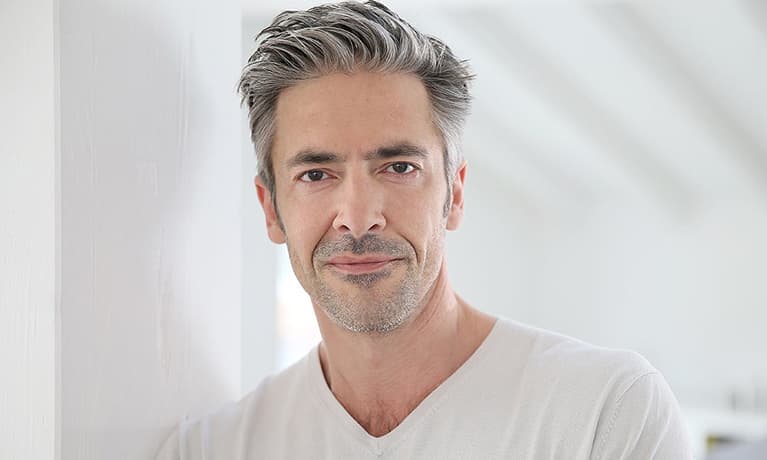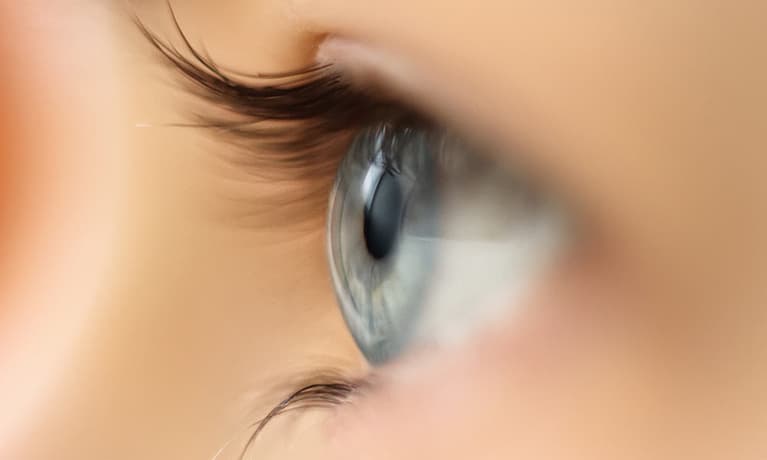What Is A Posterior Capsule Opacity (Secondary Cataract)?
Cataract surgery involves removing the natural lens from the eye. This lens, which is clear in young people, becomes cloudy because of the normal aging process, which we refer to as a cataract. A clear membrane surrounds the lens, called a capsule. During cataract surgery we remove the front part of this capsule to allow removal of the lens. We then leave the rest of the capsule in place to support the intraocular lens (IOL), which is the small clear artificial lens that replaces the cataract. In all eyes with IOLs, cells gradually form on this capsule. In some patients, enough cells collect on the capsule and vision becomes blurry, almost making appear the cataract has returned. This may happen weeks or many years after cataract surgery and is called a “posterior capsule opacification” or a Secondary Cataract.
How Are Secondary Cataracts Treated?
A special type of laser, called a YAG laser, is used to make a central opening in the cloudy capsule. Lasers are high-tech devices that produce very high-energy light beams. This laser energy is delivered inside the eye with great precision and without having to make an incision using a scalpel. This procedure is called “posterior capsulotomy”. It is an outpatient procedure that’s carried out after dilation of the pupil and administration of an anesthetic eye drop. A special contact lens is used to focus the laser beam and prevent blinking. The procedure is painless and only takes a minute or two. No sedation is required, and you leave the surgery center and resume normal activities shortly after the procedure. Improvement in vision is usually noticeable later on the same day.
Risks and Prognosis
YAG laser capsulotomy is highly effective and has few risks. As with any surgery in the eye, there is a very low risk of developing a retinal tear, which is treatable. Transient elevation in eye pressure can also occur, so at the time of the laser treatment, so we treat all patients with eye drops that prevent this. Once you have a posterior capsulotomy, the cells don’t grow back, so with rare exceptions, the procedure never has to be repeated.
Cataract Surgeons
Jason N. Edmonds, M.D.
Nicholas J. Frame, M.D.
Mackenzie M. Sward, M.D.
To schedule an appointment for a cataract evaluation at our Bayside, Brookfield, Franklin, or Milwaukee East Side location, please call 414-271-2020. Our Milwaukee Eye Care doctors will be with you every step of the way and help you make the most informed decision.










